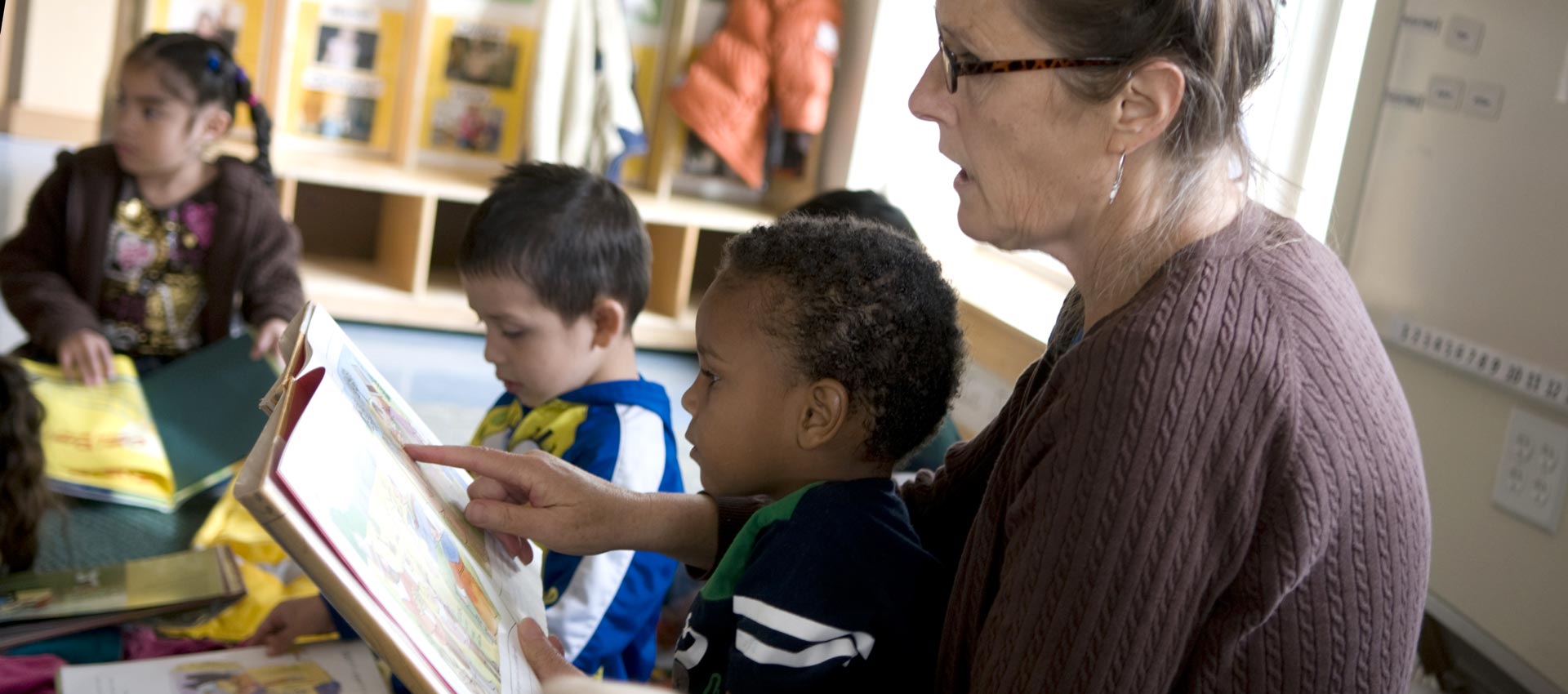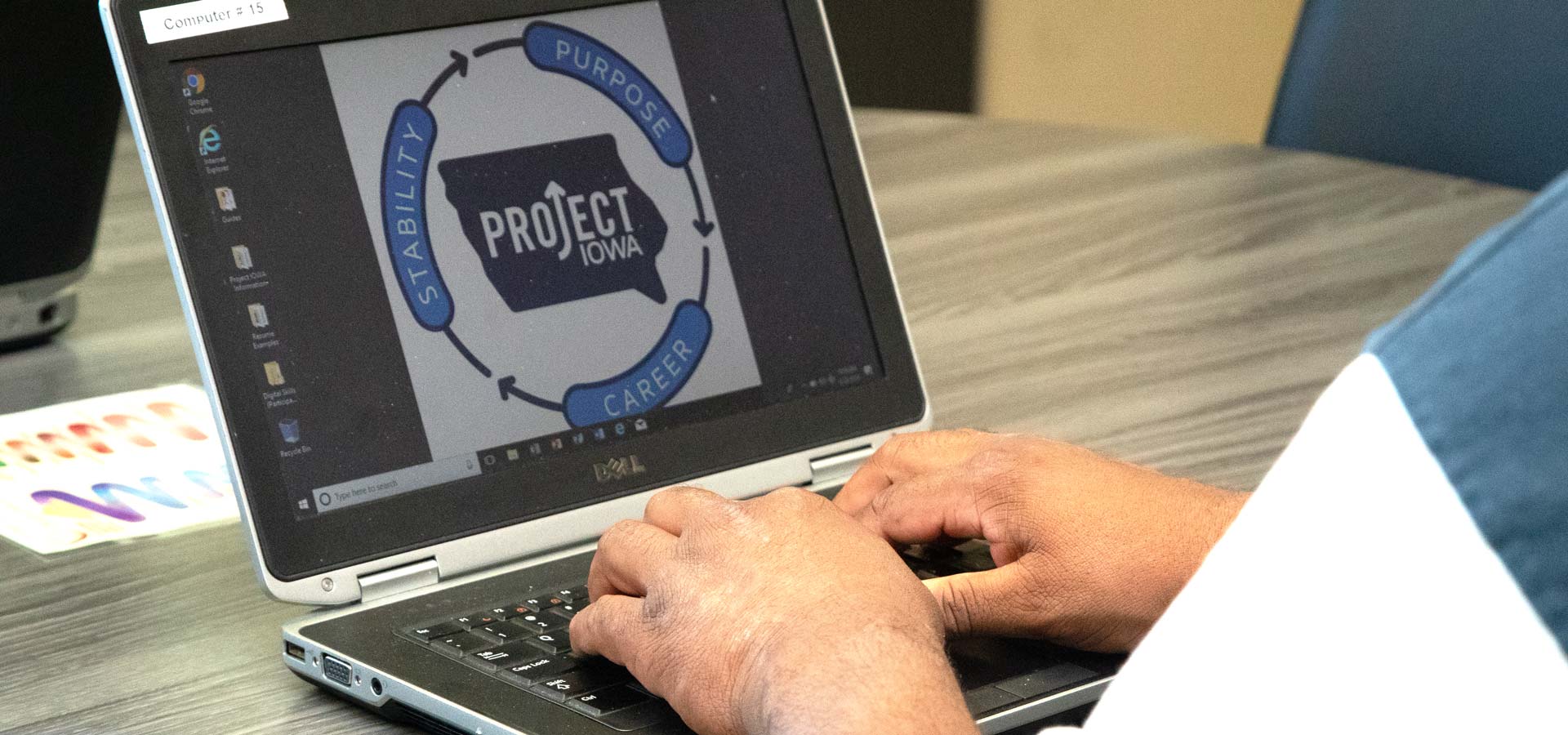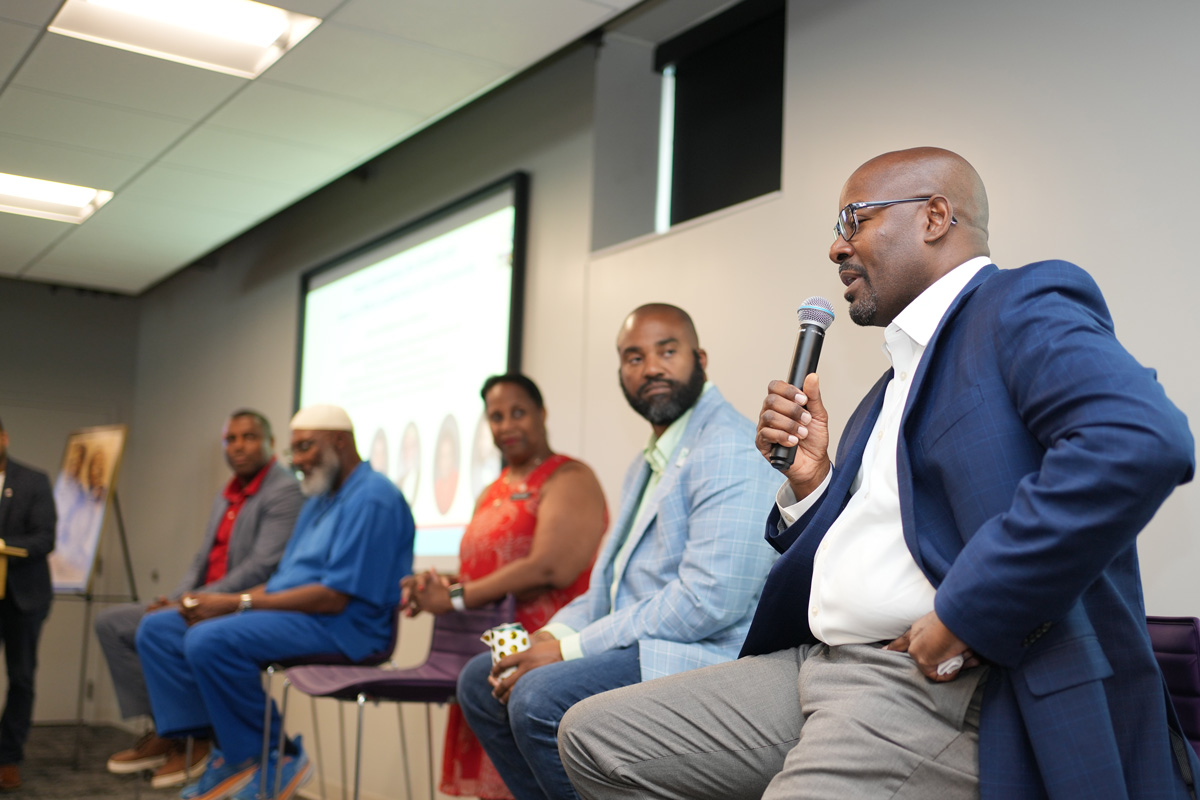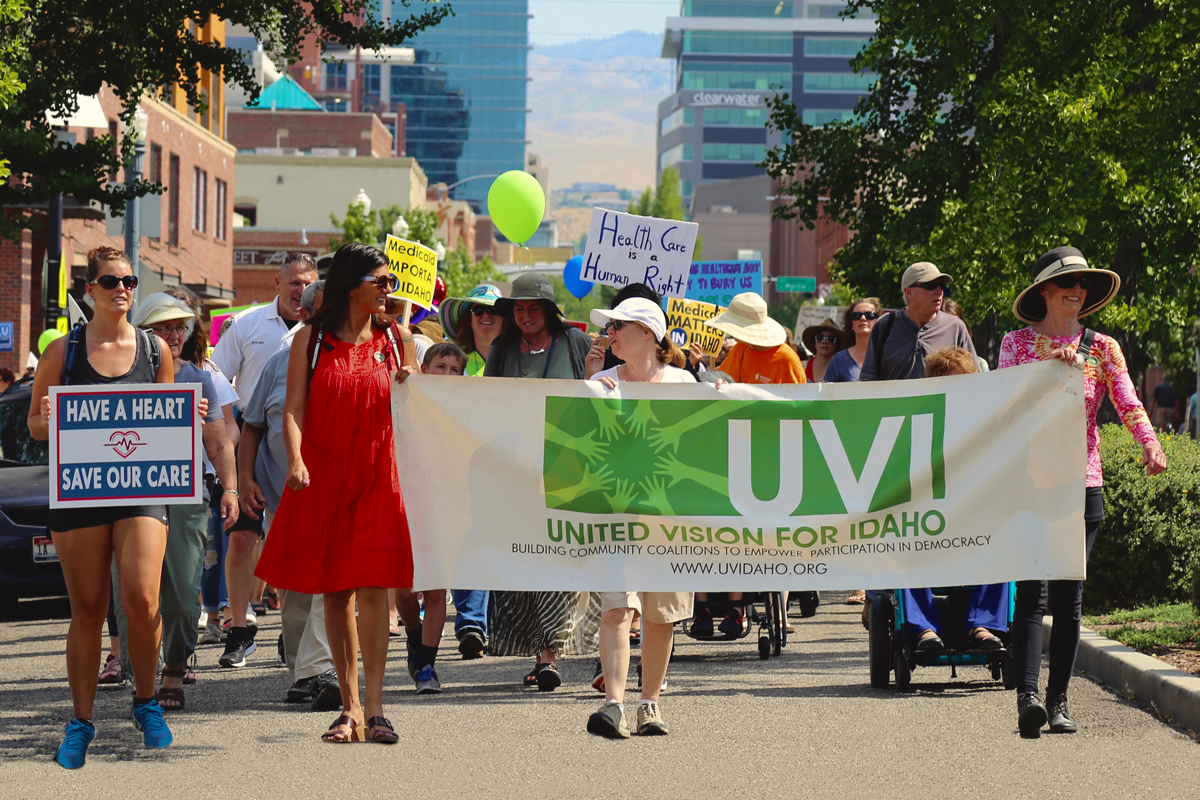In the first quarter of 2020, we began our commitment to support community-level responses to the pandemic.
We distributed almost $2.6 million through 34 grants and issued an additional $1 million in a program-related investment (PRI). The quarter’s grantmaking spanned our funding priorities. In addition to our regular grantmaking, we began a direct response to the COVID-19 crisis with grants to pooled funds. The pandemic puts into sharp relief the historical and systemic inequities faced by the communities served by the Foundation—Native Americans, communities of color, immigrants and refugees, and people in rural areas.
Among the Q1 grants were $50,000 contributions to each of four pooled funds hosted by community foundations and other nonprofits rooted in the communities they serve. For pooled funds, multiple donors contribute to the same intermediary toward a shared goal, thereby multiplying the potential impact.
Pooled funds can act quickly to provide millions of dollars to community organizations using their firsthand knowledge and local expertise to support communities in need during the pandemic. Supporting these pooled funds is one way we’re working to be as nimble and responsive an ally as possible for our grantees and the communities they serve.

Learn more about our support for community-based COVID-19 response funds.
As of March 31, we contributed to the following four pooled funds:
- Minnesota-based Saint Paul & Minnesota Foundation, in collaboration with the Minnesota Council on Foundations, is using the Minnesota Disaster Recovery Fund to support community needs as a direct result of the coronavirus pandemic. As of April 16, $11 million had been raised, and three rounds of grants distributed. The grants are going to community-based nonprofits across the state that serve homeless and vulnerable populations, small businesses, and child care providers, among others—many in historically marginalized communities.
- The Communities First Fund established by Headwaters Foundation for Justice (Headwaters) of Minneapolis on March 15 has raised more than half its goal of $1 million. The fund will be distributed to Headwaters grantees, the majority of which are led by and serve people of color, as they respond to the additional challenges COVID-19 brings to their efforts to nurture justice and racial equity.
- Seattle Foundation in Washington State is using its COVID-19 Response Fund, which has raised more than $20 million so far, to support workers and families most affected by the coronavirus crisis—such as low-income residents, communities of color, people experiencing homelessness, and undocumented workers and families. The fund makes grants to nonprofits that provide financial support, health care, child care, and other support, complementing public health efforts and expanding local capacity to address the current unprecedented level of need.
- The COVID-19 Response and Recovery Fund for Idaho—a collaboration among Foundation grantee Idaho Community Foundation, the United Ways of Idaho and the Idaho Nonprofit Center—provides immediate and long-term grants to Idaho organizations working with those disproportionately affected in various ways by coronavirus, including economic hardship. The grants are intended to address the gaps not covered by federal, state, or local government funding.

Our COVID-19 response is ongoing.
Since March 31, we’ve made numerous additional COVID-response contributions to pooled funds and new grants that strengthen our current grantees. You can see listings of these contributions on our Crisis Response Updates web page, which we’ll continue to update as we make more grants and have new information to share.

Learn more about our grantmaking
Q1 grants
Crisis Response Updates web page
We’ve made numerous COVID-response contributions to pooled funds and new grants that strengthen our current grantees. You can see listings of these contributions on our Crisis Response Updates web page, which we’ll continue to update as we make more grants and have new information to share. You’ll also find our latest crisis response news updates and informational and funding resources.
Tags: News



